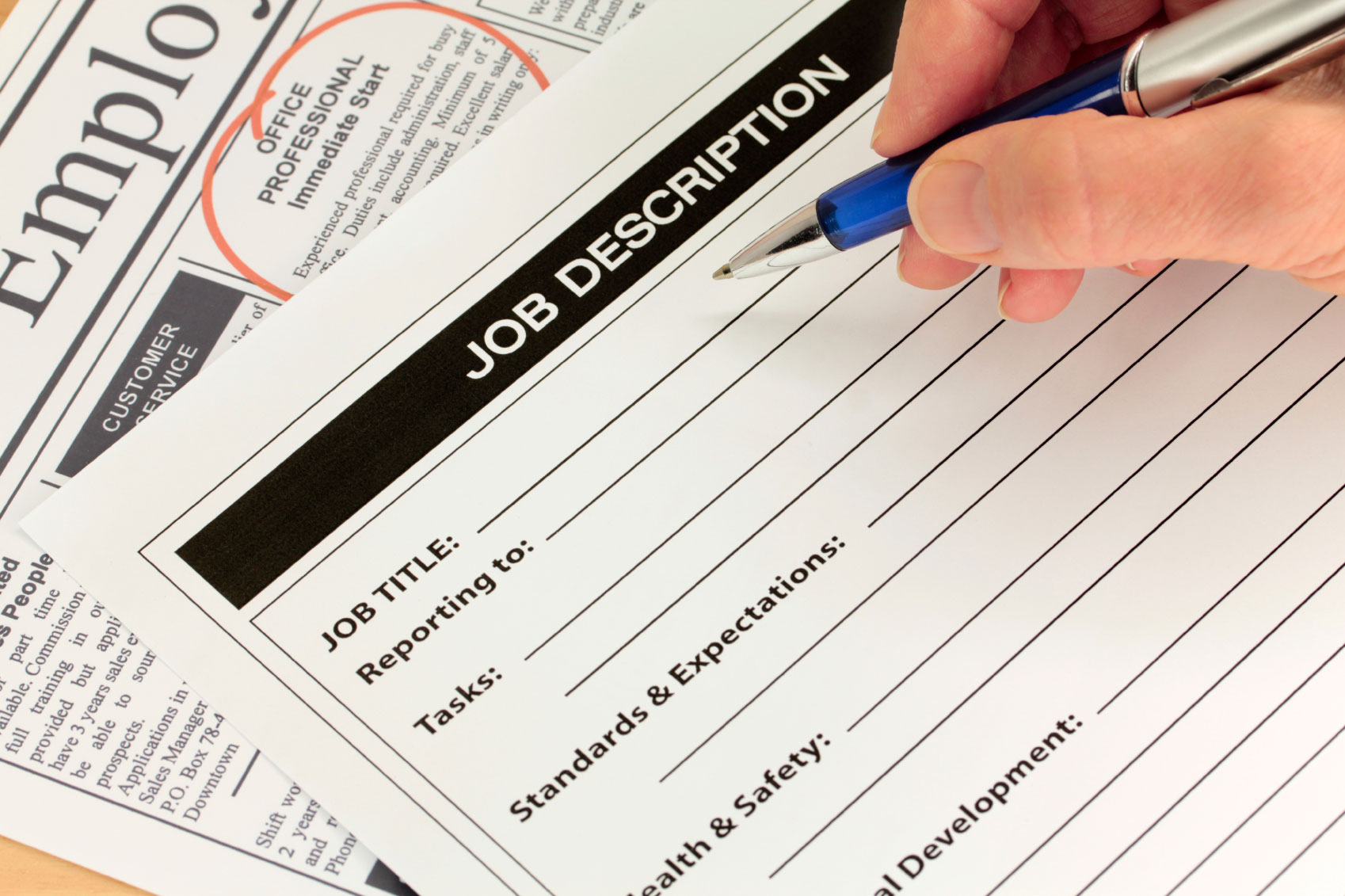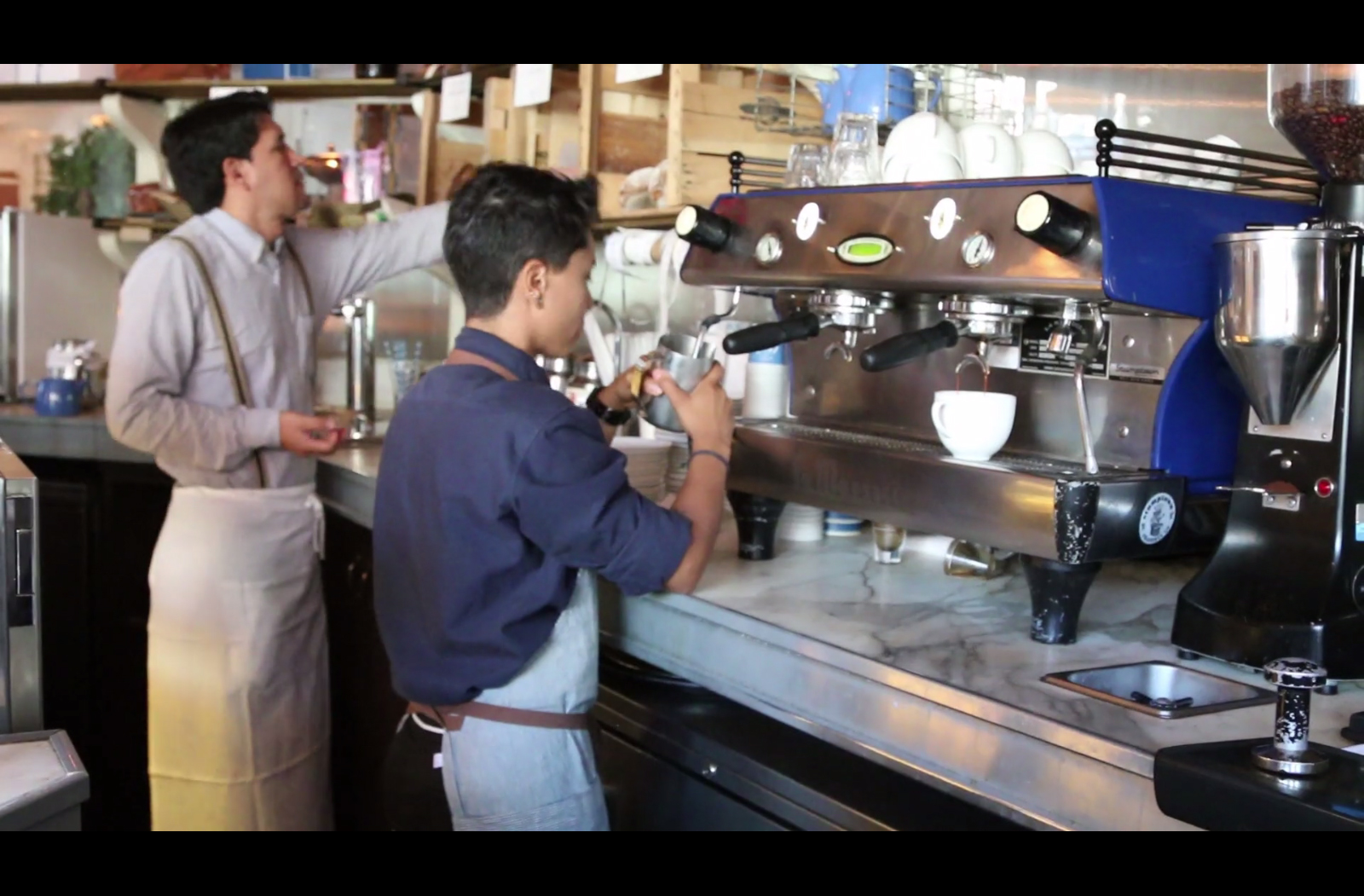How to Prepare for an Upscale Restaurant Job Interview
/

Five-star restaurants have higher standards, from food to service, as compared to smaller, chain or family-owned restaurants. Patrons and management at these establishments alike expect nothing short of the best, so interviewing for a job at an upscale restaurant will follow a different set of rules. Here are some tips for you so you can thoroughly prepare in advance:
#1: Review terminology.
Before you head to your interview, make sure you to not only research the restaurant, but also review the usual vocabulary used in a fine dining setting. For example, words that you definitely want to be familiar with include: "à la carte," "al dente," "mis en place," "garde manger," etc. Your hiring manager may or may not use these kinds of terms with you during the interview, but they will be important to know when you work at the restaurant.
#2: Go through the restaurant's menu.
Get to know what the restaurant you applied for offers. You can easily find this out through their website, calling them or requesting a copy to be sent to you via email. Knowing what the dishes the restaurant serves shows that you are set and ready to work there.
#3: Learn about food and wine pairings.
Wining and dining is common practice at upscale restaurants, so your interviewers will surely test you on food and wine pairings. They will typically question you what types of wine go best with particular dishes. If you are looking to be a server, you will need to know this when diners ask for suggestions and recommendations.
#4: Dress appropriately.
The wardrobe will be more formal, so it is recommended to wear a dark-colored business suit or dress. Be mindful of non-essential accessories and jewelry and grooming. Keep your clothing, hair and nails clean and neat.
#5: Don't forget about the basics.
HR managers will still probably ask you the general get-to-know you questions, such as, "Why did you apply for this position," "What is your greatest/weakness," etc. Refresh yourself and find out how to answer the most commonly asked restaurant job interview questions.
Looking to work in Hospitality?
Discover who’s hiring on Harri







 Dressing appropriately for a job interview is one way you can make a good impression. Yet, it can be quite difficult, since the restaurant and hospitality industry is pretty diverse. From fast casual to upscale, the attires vary. Fortunately, the basic rules apply to all.
Dressing appropriately for a job interview is one way you can make a good impression. Yet, it can be quite difficult, since the restaurant and hospitality industry is pretty diverse. From fast casual to upscale, the attires vary. Fortunately, the basic rules apply to all.






